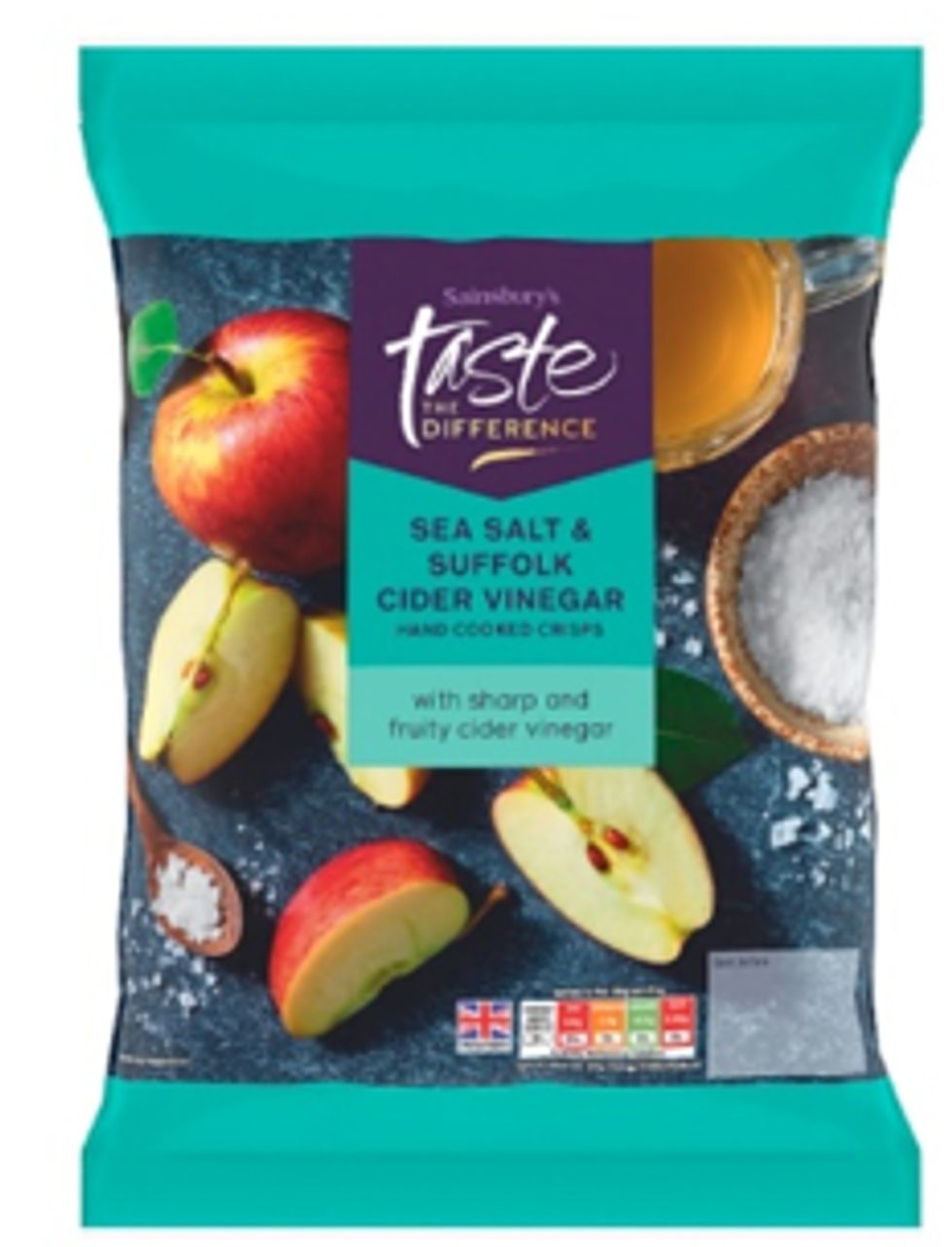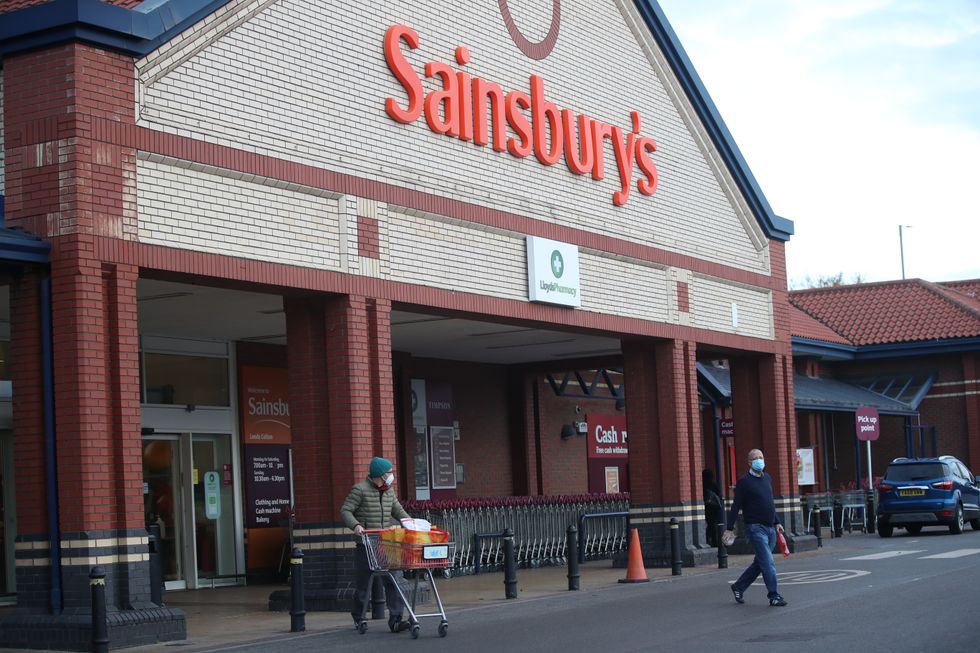A Sainsbury's product poses a health risk to some consumers
PA IMAGES
Sainsbury's customers should check their cupboards for the product and return it to stores for a full refund
Don't Miss
Most Read
Trending on GB News
Sainsbury's is the latest supermarket to recall a food product due to an undeclared ingredient.
The supermarket is recalling Taste the Difference Sea Salt and Suffolk Cider Vinegar Hand Cooked Crisps because they may contain milk, which is not mentioned on the label.
The Food Standards Agency (FSA) said: "This means the product is a possible health risk for anyone with an allergy or intolerance to milk or milk constituents."
Taste the Difference Sea Salt and Suffolk Cider Vinegar Hand Cooked Crisps
Best before: October 26, 2024

'The product is a possible health risk for anyone with an allergy or intolerance to milk or milk constituents'
Sainsbury's
Tesco said: "BFree Foods is recalling all date and batch codes of BFree Sunflower & Pumpkin Seed Loaf 350g, as it may contain peanuts, which isn’t mentioned on the label. This means the product is a possible health risk to anyone with a peanut allergy.
"If you’ve bought an affected product and have an allergy/intolerance/sensitivity to peanuts, please don’t eat it. Instead, return it to a Tesco store for a refund. No receipt is required. Use our store locators to find your nearest UK Tesco store or ROI Tesco store."
Sainsbury's recalled the same product. The supermarket stated: "BFree is recalling all BFree Sunflower & Pumpkin Seed loaves due to the potential presence of peanuts. As this poses a health risk to those with a peanut allergy, they are looking to recall all loaves.
"This product has recently undergone a packaging change. We are asking customers who have purchased either packaging style of this product who are allergic to peanuts not to eat it and to return it to their nearest Sainsbury's store, where they will receive a full refund.
"For any concerns or queries or if you are unable to return the product to store, then please contact. BFree via e-mail quality@bfreefoods.com. No other BFree products have been affected by this issue. BFree would like to apologise for any inconvenience this may cause."
Referring to Sainsbury's latest recall, the FSA said: "Sainsbury’s is recalling the above product from customers. The company has also issued a point-of-sale notice to its customers.
"These notices explain to customers why the product is being recalled and tell them what to do if they have bought the product."
Sainsbury's told customers: "If you have bought the above product and have an allergy to milk, do not eat it.
"Instead, return it to your local Sainsbury's store for a full refund (with or without receipt)."
Affected shoppers who have questions or require further details were told to visit Sainsburys.co.uk/help or contact Sainsbury's careline on 0800 028 8303.
Sainsbury's reassured customers that no other Sainsbury's products have been affected, and the supermarket apologised for the inconvenience this may cause.
Allergy UK provides information on cow's milk allergy in children and adults, and the differences between an immediate allergy (IgE mediated), Delayed allergy (non IgE mediated), and intolerance reactions.
Allergy UK detailed the signs and symptoms of an IgE (immediate) mediated allergic reaction to cow’s milk. Experts said: "Signs and symptoms usually occur within minutes of contact with cow’s milk, but can also occur up to one hour later.
LATEST DEVELOPMENTS:

'If you have bought the above product and have an allergy to milk, do not eat it'
PA IMAGES"Most allergic reactions are mild but they can also be moderate or severe. Anaphylaxis (pronounced ana-fil-laxis) is the most severe form of allergic reaction which can be life-threatening.
"Mild to moderate symptoms include itchy mouth, tongue and throat, swelling of lips, around the eyes or face, red raised itchy rash (often called nettle rash, hives or urticaria), vomiting, nausea, abdominal pain and diarrhoea, and runny nose and sneezing."
While food recalls aren't too common, they must be taken seriously when they occur.
The FSA explained: "Sometimes there will be a problem with a food product that means it should not be sold.
"Then it might be 'withdrawn' (taken off the shelves) or 'recalled' (when customers are asked to return the product).
"Sometimes foods have to be withdrawn or recalled if there is a risk to consumers because the allergy labelling is missing or incorrect or if there is any other food allergy risk. When there is a food allergy risk, the FSA will issue an Allergy Alert."








